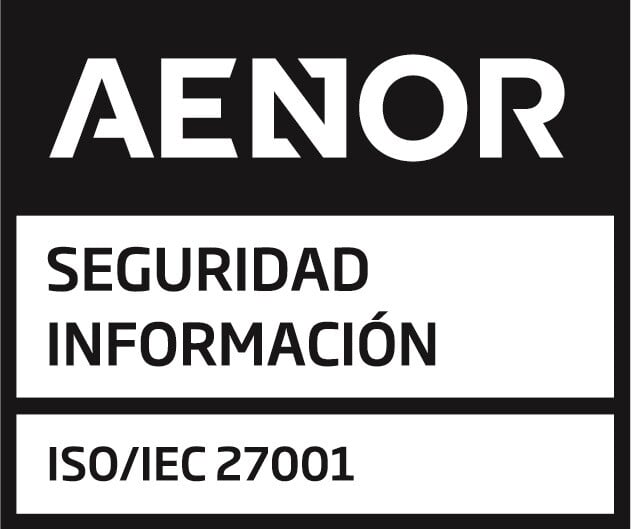Governments and investors globally are piling pressure on oil producers to substantially reduce greenhouse gas emissions by 2050. On their part, investors are under immense pressure from fast-changing consumer behavior. The immediate threat of climate change is slowly catching up with everyone and turning to renewable investment.
In a bid to make their investments sustainable, many investors are now focusing on renewable investment. This post looks at the benefits and challenges that accompany investment in RE projects. How can investors mitigate the identified risks of such investments?
Transition to Net-Zero
The formation of RE companies is booming and renewable energy investments are on an all-time high. According to the International Energy Agency, the year-on-year increase in these investments for this year is predicted to reach 10%. Solar and wind investments alone will amount to $2.72 trillion by the end of this decade.
The transition to net-zero is breaking previously seemingly insurmountable barriers. Before the pandemic, emerging and developing economies were estimated to account for only 15% of RE investments. Recent estimates by the IEA show that these regions will support a larger share of these investments over the next 20 years.
No doubt increased investments in renewable energy are required to avert the dangers of emissions. That the less advanced economies of the world are showing signs of increased RE investment is a welcome dimension.
Even without subsidies, renewables are doing better than fossil fuels. The march towards a sustainable future powered by renewable energy appears unstoppable. The cost-competitiveness of onshore wind and solar photovoltaic is well captured by the International Renewable Energy Agency (IRENA).
The race to net-zero is creating a healthy investment environment for renewables. However, no one is resting on their laurels just yet, considering that there are challenges amidst the benefits of renewable investment. The United Nations fronted the Race to Zero campaign while the World Economic Forum spearheaded the Race to Zero Dialogues.
Let’s discuss the benefits and challenges of renewable energy investment today.
Benefits & Difficulties
During the transition to net-zero, the need for renewables to replace fossil fuels is high. The rising demand for sustainable energy makes a strong case for renewable investment. Solar and wind are excellent investment areas.
Investors in this industry can take confidence in the fact that technological development is at its peak. We can give an example of solar energy technology, which is now based on a “perovskite” structure for advanced efficiency of solar cells. Research and development on renewables have led to remarkable achievements in generation capacity.
The global support for renewable investments is also a boost to the success of the net-zero transition. Many countries have pledged to reduce their carbon footprints. Higher use of renewable energy can only mean bigger and more investment opportunities.
Investment in renewable energy makes even more sense for the ethical push to care about the environment. Investors can be influential frontiers of positive change in society.
How to Succeed
As an investor in renewable energy, you will need to navigate several challenges. Regulatory changes seem to be the most serious threat for investments in solar, wind, and other renewables. Before you even invest in a country or location, understand the regulatory environment so that you can have a clearer view of your potential return on investment. Subsidy regimes are particularly a slippery area, with many European governments steering away from these financial commitments.
Yes, the share of renewable energy is increasing and we are enjoying lower costs thanks to superior technology. However, competitive government policies are likely to be around for a while. Compelled to create certain investment environments for a stable energy system, governments can sometimes subject RE projects to serious competition. Investors are often called to seek local support and map stakeholders.
Equally important in your investment journey is to improve and secure the value of your RE assets. Traditionally, companies would use Excel and spreadsheets for renewable energy asset management. Those are no longer viable because the environment is so demanding with so many dynamics.
Efficiency and productivity are leading considerations for power generation today. Digital asset management is no longer a luxury- it is a requirement. Unlike manual sheets, digital solutions such as the QBI platform are devoid of errors that could translate to serious business losses. Crown your success in RE investment by using our platform.
Conclusion
With time, the need for individuals, governments, and firms to be more environmentally friendly will only increase. Interest in sustainable solutions such as RE investments is therefore bound to gain momentum. Investors cannot afford to enter into this arena inadequately informed and unprepared. The truth is that there is a broad range of risks to navigate.
At QBI Solutions, we use advanced analytics for RE investments. We have a rich reputation of success that demonstrates our capabilities in this area.
Are you willing to invest in a RE project of any kind? Would you like to partner with us for a feature-filled business platform that helps you have complete control of your portfolio? Call us today.
